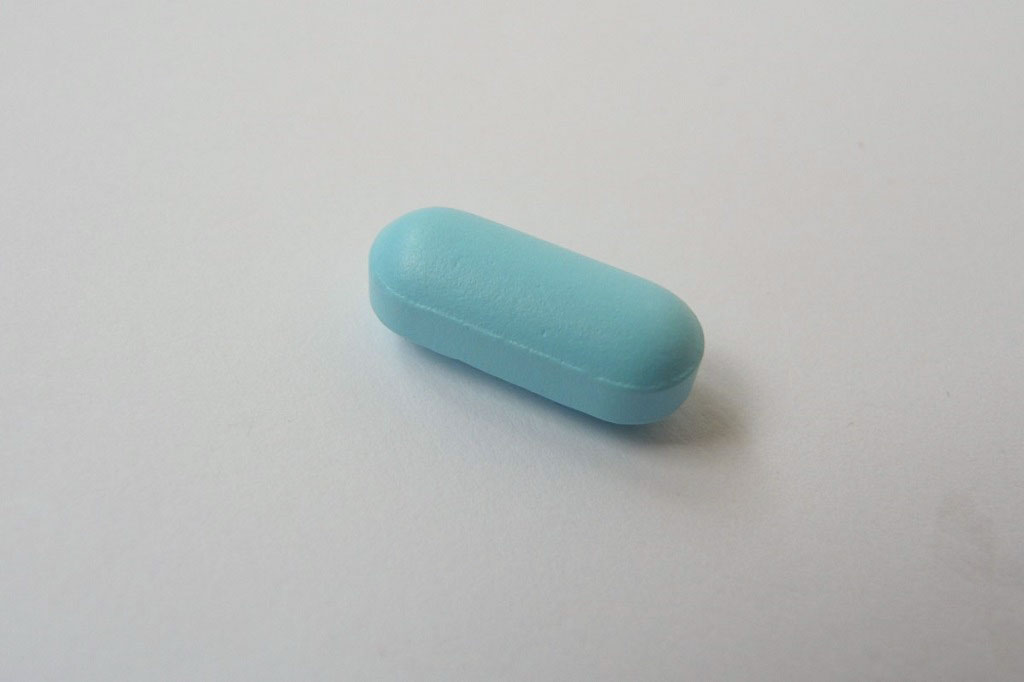Vitamin D may prevent asthma worsening for some
Heart and lungs
'Vitamin D supplements protect against severe asthma attacks' The Daily Telegraph reports. A review of previous research suggests that people with a pre-existing vitamin D deficiency may benefit most from supplementation.
"Vitamin D supplements protect against severe asthma attacks," The Daily Telegraph reports.
The headline was prompted by a review that pooled data from seven trials comparing taking vitamin D supplements with a placebo in people with asthma.
The researchers wanted to see whether vitamin D reduced the risk of severe asthma episodes that needed hospitalisation or treatment with oral steroids, referred to as "asthma exacerbations".
Overall, the researchers found vitamin D supplements reduced the risk of asthma exacerbations by 26%. Further analysis found the protective effect was only seen in people who were vitamin D deficient to start with.
But the main limitation of this evidence is the small number of exacerbations that occurred. For example, in two trials there were no asthma exacerbations, in another only a single event.
And only 92 people from the data were vitamin D deficient at the start. This means the risk estimates are based on small numbers, which may make them less accurate.
It's currently recommended that certain groups, including those at risk of vitamin D deficiency and children aged one to four, take vitamin D supplements all year round.
All adults and children are advised to consider taking 10 micrograms (mcg) a day of vitamin D during the autumn and winter months, when there is less sunlight.
Find out what to do during an asthma attack.
Where did the story come from?
The study was carried out by researchers from Barts and The London School of Medicine and Dentistry, Queen Mary University of London, and other institutions in the UK, US, Ireland, Poland and Japan.
Funding was provided by the Health Technology Assessment Programme, which is run by the UK's National Institute for Health Research (NIHR).
The study was published in the peer-reviewed journal The Lancet: Respiratory Medicine.
The UK media's reporting is generally accurate, but official guidelines haven't changed on the basis of the results of this study.
What kind of research was this?
This systematic review and meta-analysis pooled data from people with asthma taking part in randomised controlled trials that compared vitamin D supplementation with an inactive placebo.
Previous meta-analysis of trial data has suggested that vitamin D may reduce the risk of asthma attacks and exacerbations of asthma.
But it's not known whether this effect is influenced by the person's vitamin D level to start with, so the researchers set out to investigate this.
A systematic review of randomised controlled trials (RCTs) is the best way of gathering the available evidence on the effects of an intervention.
But when it comes to trials on nutritional supplements, RCTs can vary considerably in how the treatment is given. And when the outcome of interest is relatively rare – in this case, asthma exacerbations – it can be difficult to be sure how much of the effect is down to the intervention.
What did the research involve?
The reviewers identified placebo-controlled trials of vitamin D supplementation (D2 or D3) in people with asthma that reported incidence of asthma exacerbations as an outcome.
The trials included had to be double-blinded in design, where neither the participants nor the assessors knew if a person was taking vitamin D or a placebo.
The reviewers collected individual patient data from the trials, contacting study investigators for clarity or to gather missing data.
They also collected information on participants' age, gender, ethnicity, BMI, blood vitamin D concentration at the start of the study, and any other factors that might influence the results (confounders).
The main outcome of interest was incidence of asthma exacerbations needing treatment with oral steroids. They also looked at emergency hospital attendance or admissions and any adverse effects associated with supplementation.
Eight trials were eligible for inclusion, but patient data couldn't be obtained for one, leaving a total of seven studies and 978 participants available for analysis. Trials came from six different countries (one from the UK), and about a third of the participants were children.
Vitamin D dosing varied from a single dose (an injection or infusion) every two months (100,000 international units, IU) to daily dosing (500 to 2,000 IU per day) or a mixture of the two. Treatment duration ranged from 15 weeks to one year.
Baseline blood vitamin D levels ranged from undetectable to 187nmol/L. Vitamin D deficiency is generally accepted to be less than 25nmol/L, so this threshold was used in the study.
What were the basic results?
Asthma exacerbations needing oral steroid treatment were rare. In two trials there were no exacerbations, and in another there was only one.
When pooling the participants, in all seven studies vitamin D supplementation was associated with a 26% reduced risk of asthma exacerbation needing steroid treatment (relative risk (RR) 0.74, 95% confidence interval (CI) 0.56 to 0.97).
A similar risk reduction was found when researchers just looked at the four individual studies with several exacerbations.
There was no difference between groups in the proportion of people having at least one exacerbation, but vitamin D helped reduce the risk of multiple exacerbations.
Vitamin D supplements reduced the rate of exacerbations in people with vitamin D levels less than 25nmol/l (0.33, 95% CI 0.11 to 0.98), but this was based on data from only 92 participants.
Among the 764 participants who weren't vitamin D deficient, there was no significant effect, regardless of their age, gender and ethnicity.
Vitamin D didn't increase the risk of serious adverse events, and there were no cases of high blood calcium or kidney stones reported.
How did the researchers interpret the results?
The researchers concluded: "Vitamin D supplementation reduced the rate of asthma exacerbations requiring treatment with systemic corticosteroids overall.
"We did not find definitive evidence that effects of this intervention differed across subgroups of patients."
Conclusion
This review gathers the available trial evidence to address the specific question of whether giving people with asthma vitamin D supplements could have an effect on how many asthma exacerbations they have.
The review has many strengths. It only included double-blind trials, where participants and assessors didn't know if people were taking vitamin D or a placebo.
Researchers also made careful attempts to gather all relevant data and information on confounding factors, and all but one trial had a low risk of bias.
But there are some limitations to bear in mind:
- With the relatively small number of trials and participants, the outcome of interest – exacerbations needing steroid treatment – was quite rare. Three trials recorded no exacerbations, and a third only one. Analyses based on a small number of events can give less precise risk estimates.
- The main aim was to see whether a person's vitamin D levels to begin with had an effect. The researchers found there was: the benefit was only seen in people who were vitamin D deficient to start with. But only 92 people fell into this category, so again the small number of events in this sample may give a less reliable result.
- The dosing and duration of treatment varied from study to study. Along with the small sample and low number of events, this makes it difficult to know what could be an optimal dose for children or adults to take.
This study, and the research it's based on, isn't able to tell us whether there should be a change in guidelines for people with asthma. It's too soon to recommend they take vitamin D supplements, regardless of whether or not they're deficient.
Current guidelines recommend everyone should consider taking a vitamin D supplement of 10mcg a day in the autumn and winter months, when there is less sunlight. People can get all the vitamin D they need from sunlight and some dietary sources in the spring and summer.
Babies who are breastfed, all children aged one to four years, pregnant and breastfeeding women, and people at risk (such as those who are indoors a lot) are advised to take a supplement all year round.
Vitamin D supplements are available from most pharmacists and are usually safe to take as long as you don't regularly take more than 100mcg (4,000 IU) a day.
Children under 10 years should not take more than 50mcg a day, and babies under one year should not take more than 25mcg a day.






 Subscribe
Subscribe Ask the doctor
Ask the doctor Rate this article
Rate this article Find products
Find products








